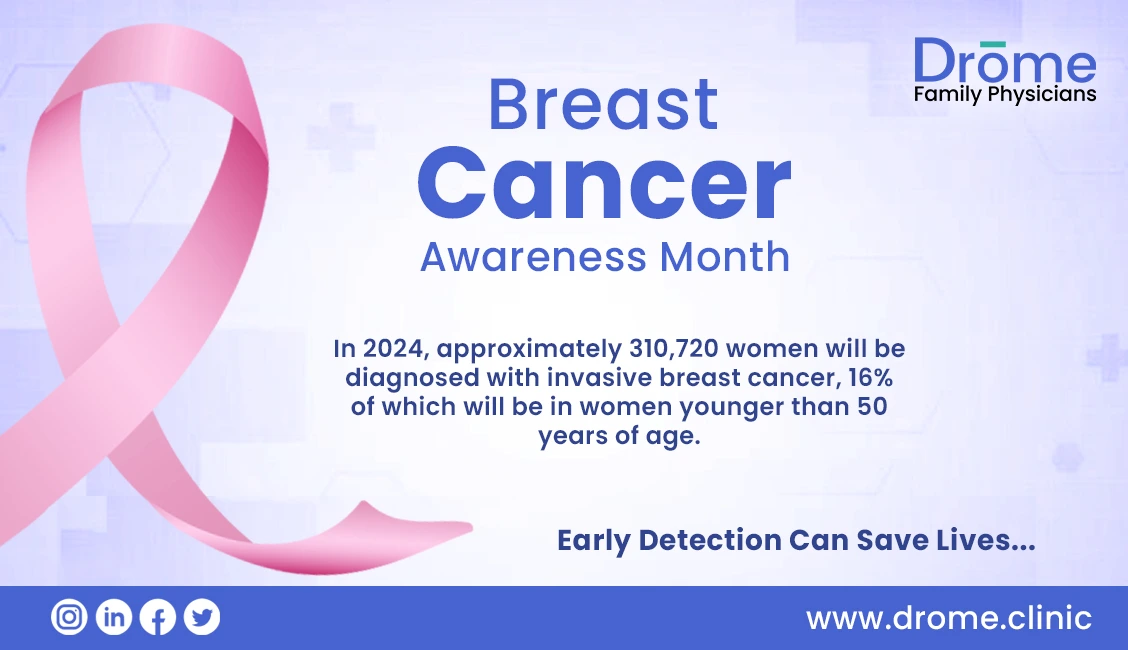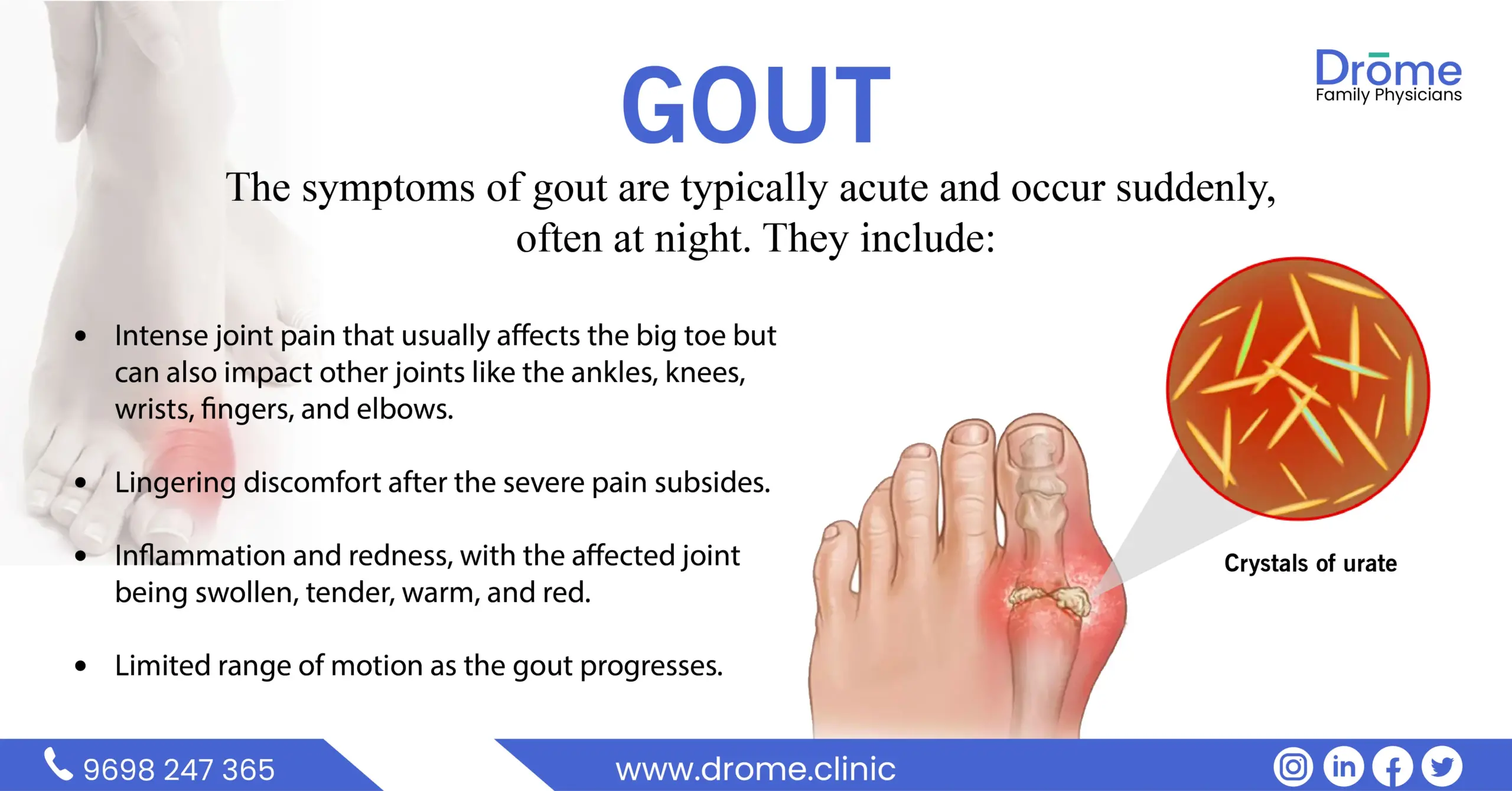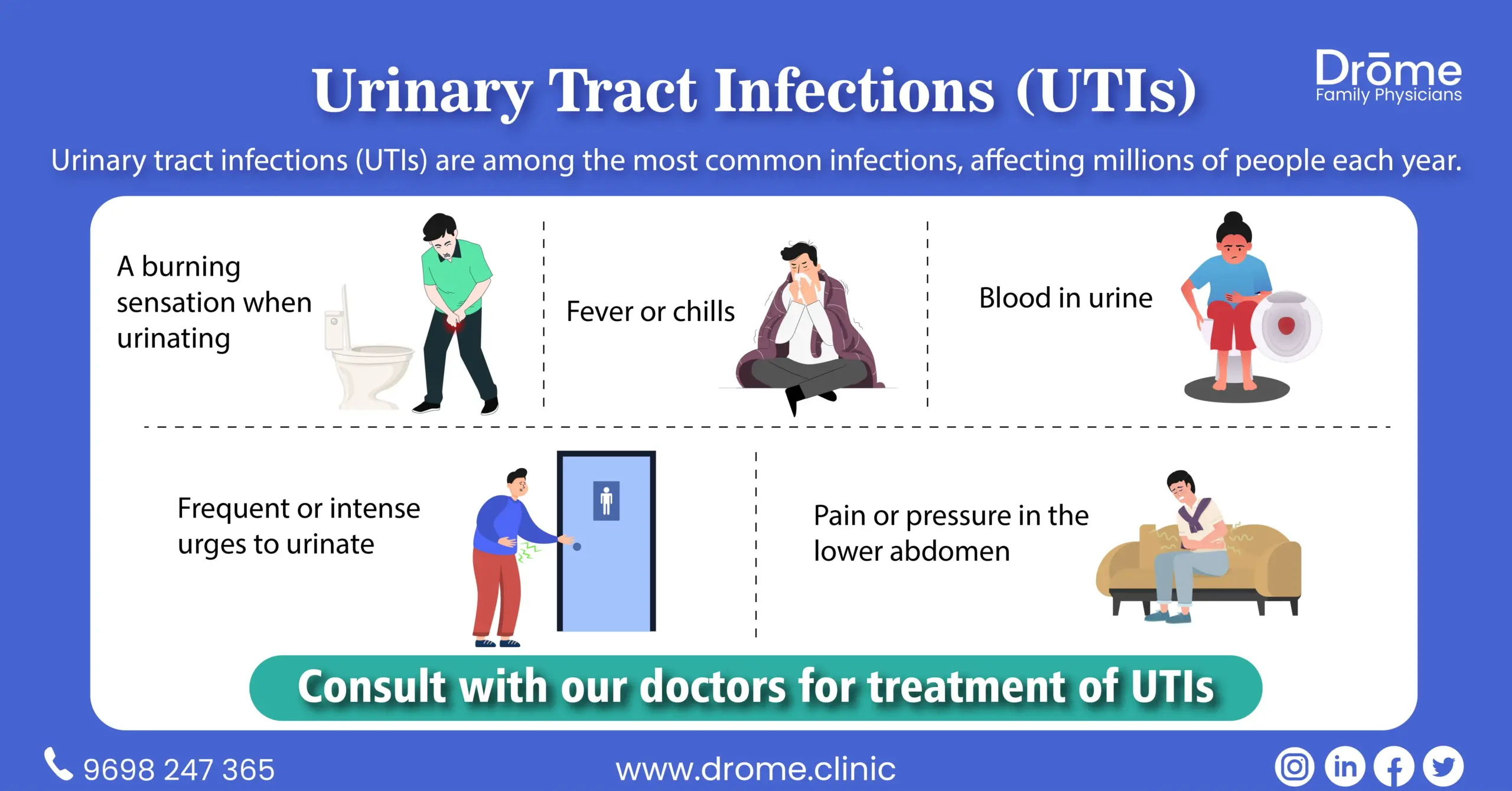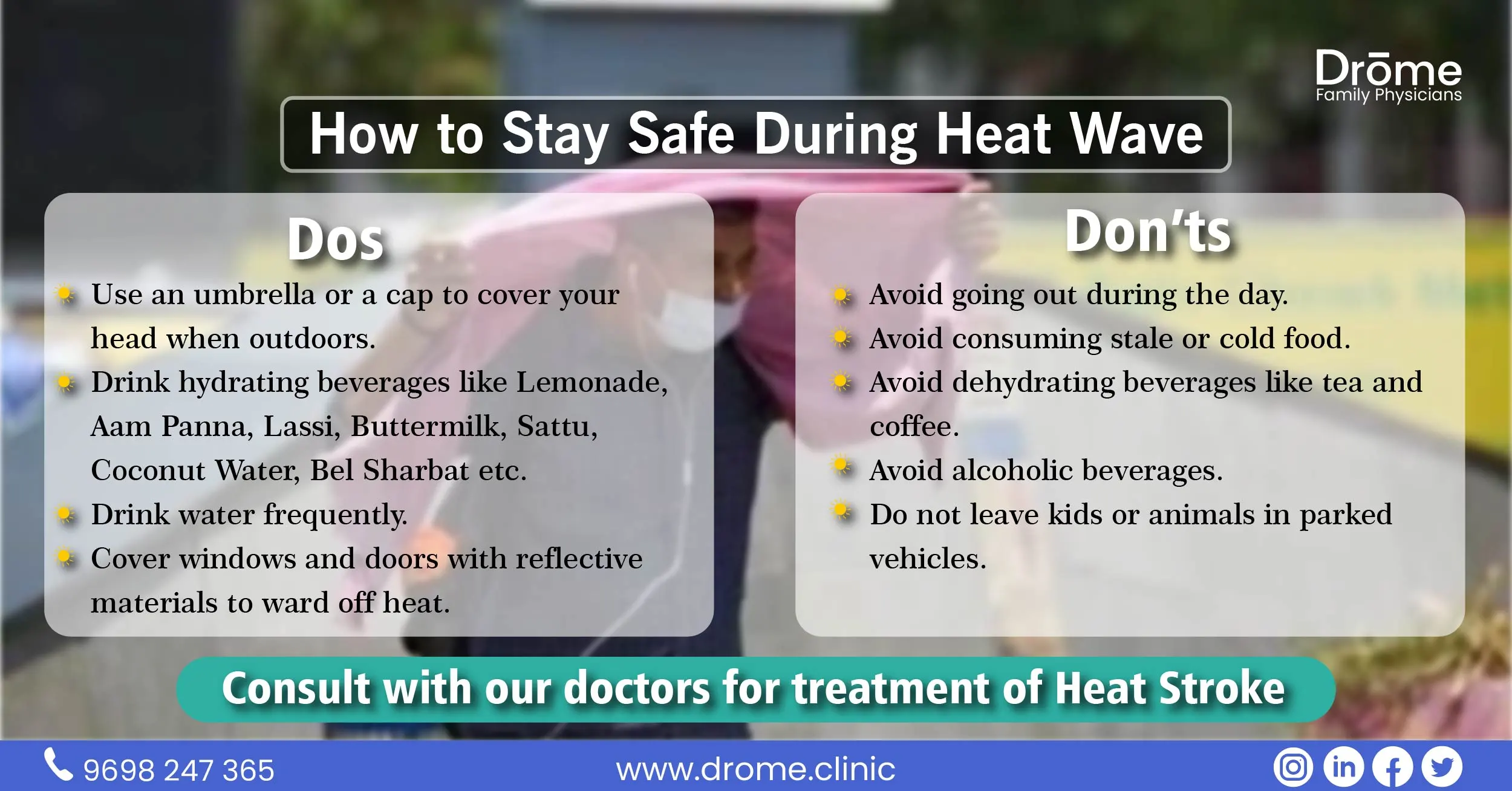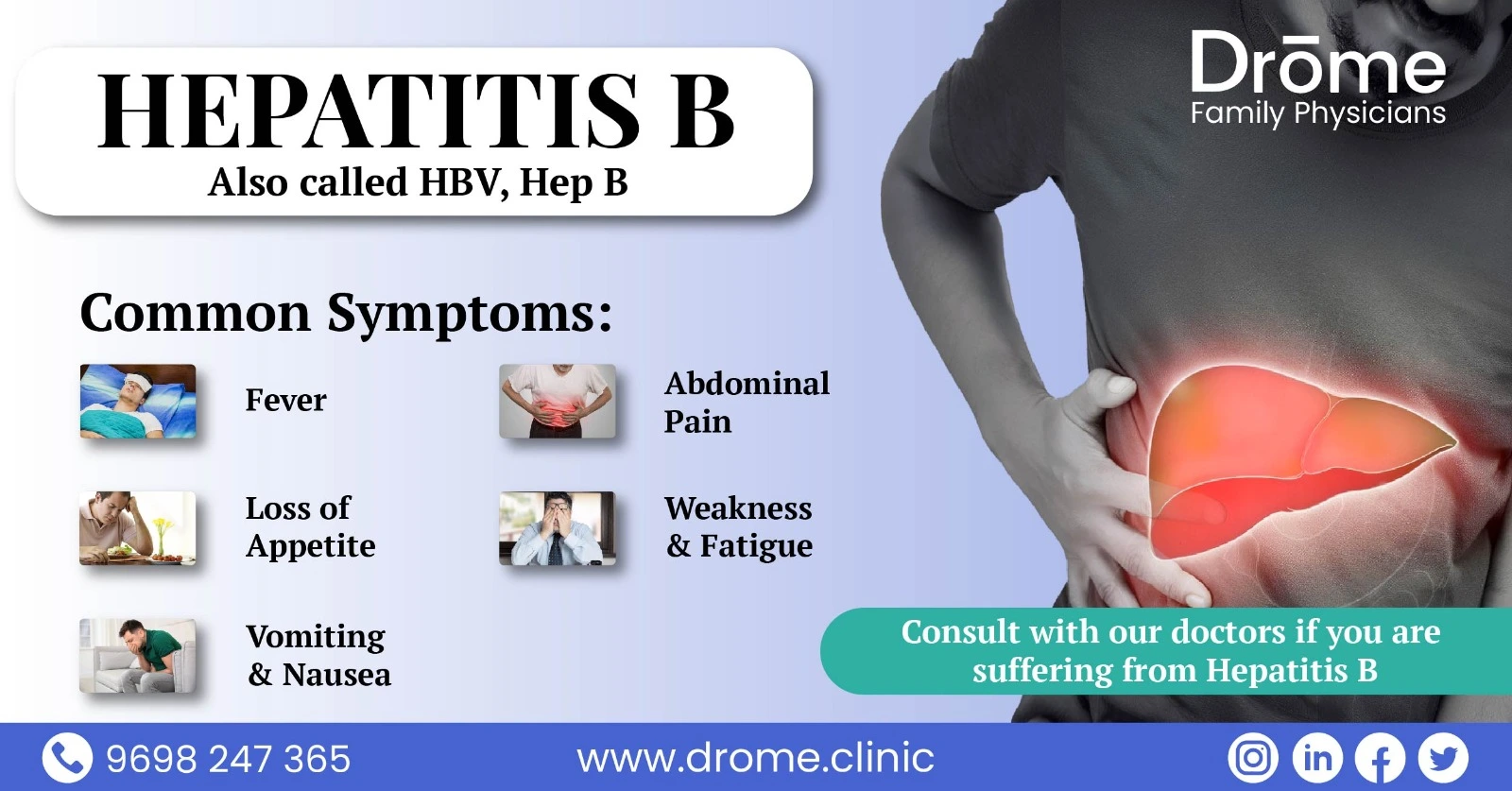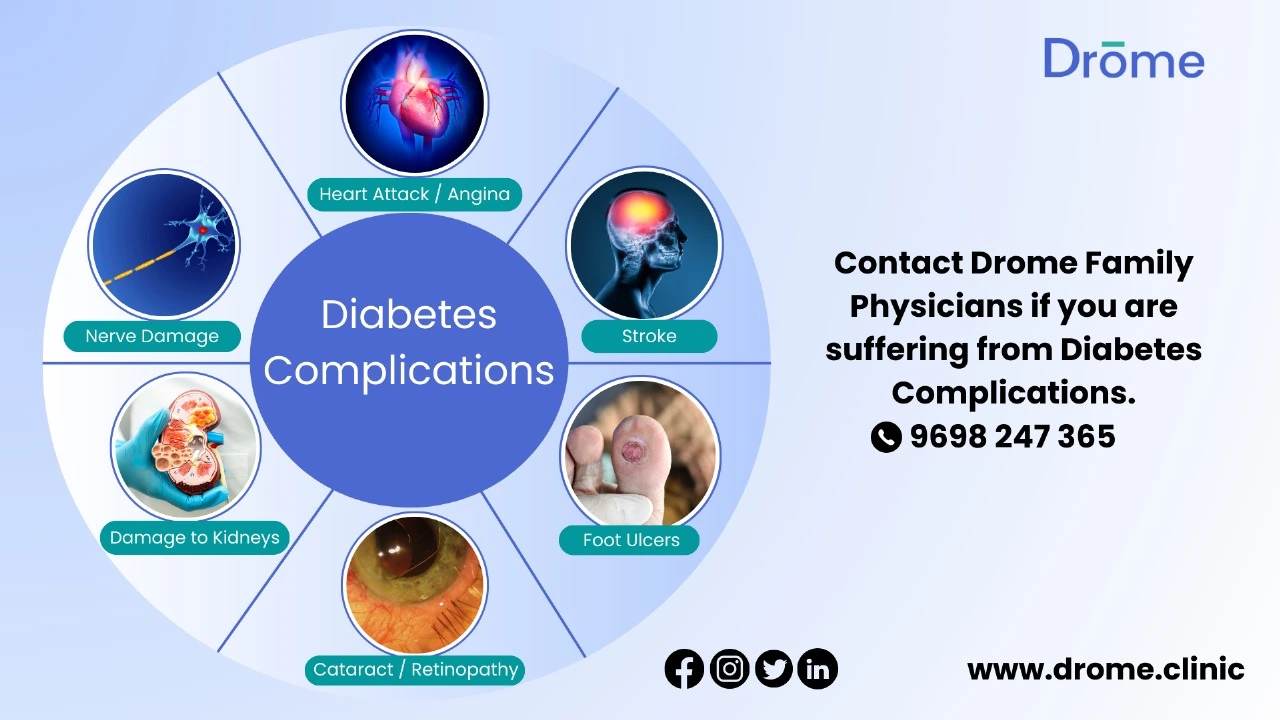Table of Contents
ToggleAccording to the Indian Council of Medical Research (ICMR), breast cancer has emerged as the most prevalent type of cancer among Indian women, accounting for 27% of all cancer cases in females. While cervical cancer was once the leading cause of cancer deaths in Indian women, breast cancer has now surpassed it. Other common types of cancer affecting Indian women include cancers of the mouth, pharynx, and esophagus.
Understanding the Risk Factors
Several factors can increase your risk of developing breast cancer:
- Age: As you age, your risk of developing breast cancer increases. Older women are more likely to be diagnosed.
- Family History: Having a close relative, such as a mother, sister, or daughter, with breast cancer can elevate your risk.
- Genetics: Specific genetic mutations, like BRCA1 and BRCA2, can significantly increase your susceptibility to breast cancer. These mutations can be inherited.
- Environmental factors: Exposure to certain environmental factors, such as radiation or certain chemicals, may increase your risk.
- Lifestyle Factors:
- Excessive alcohol consumption can increase your risk of breast cancer.
- Being overweight or obese can also elevate your risk.
- Sedentary lifestyle can contribute to increased risk.
- Hormone replacement therapy (HRT): Using HRT can increase your risk, especially if used for a long time.
- Reproductive History:
- Early onset of menstruation or a late menopause can increase your risk.
- No pregnancies or late first pregnancy can increase your risk.
- Avoiding breastfeeding can increase your risk of breast cancer.
Recognizing the Symptoms
It’s crucial to be aware of the signs and symptoms of breast cancer:
- A lump or thickening in the breast: This is one of the most common signs of breast cancer.
- Changes in the size, shape, or contour of the breast.
- Nipple discharge (other than breast milk): Any discharge from your nipple, especially if it’s bloody or clear, should be checked by a doctor.
- Nipple pain or inversion: Pain in your nipple or a change in its shape, such as inversion, can be a sign of breast cancer.
- Redness or scaling of the nipple or breast skin: Redness or scaling of the skin on your nipple or breast can be a sign of inflammatory breast cancer.
Prevention and Early Detection: Your Armor
While there’s no foolproof way to prevent breast cancer, adopting certain lifestyle practices and undergoing regular screenings can significantly reduce the risk and improve early detection:
- Maintaining a healthy weight
- Engaging in regular physical activity
- Limiting alcohol intake
- Performing regular breast self-exams: Regularly checking your breasts for any changes can help detect cancer early.
Undergoing regular mammograms, especially for women over 40: Mammograms are a valuable screening tool for detecting breast cancer early.
Early detection is crucial for successful breast cancer treatment. If you notice any changes in your breasts, consult your doctor immediately.

